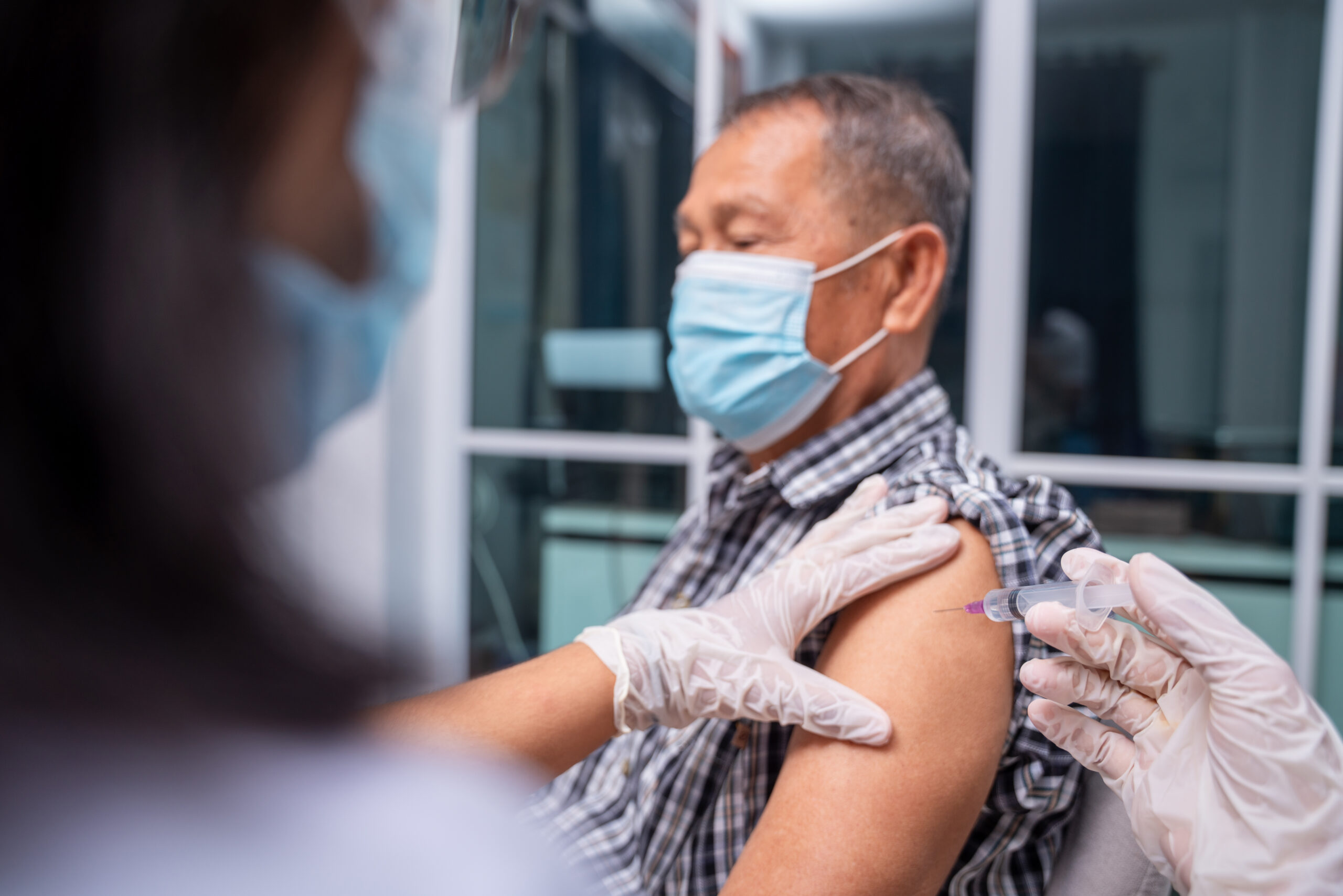
Health care providers step up to vaccinate at-risk populations
As the campaign to vaccinate Victorians against COVID-19 intensified, the number and variety of places in which people could receive the jab increased.
Vaccinations became available in many different places – general practices, purpose-built hubs, hospitals, pharmacies, workplaces and so on – but for some members of the community they all remained out of reach.
North Western Melbourne Primary Health Network (NWMPHN)’s catchment area is a truly, wonderfully, gloriously diverse compilation of 13 local government areas, containing more than 1.6 million people. Living within it, however, are those who, for different reasons, are unable to safely access care in standard settings.
They comprise some of the most at-risk members in our society. Many are hard to reach through conventional communication channels.
Factors that can place people at risk can include homelessness, First Nations heritage, linguistically diverse heritage, refugee or asylum-seeker status, alcohol or drug dependency, disability, mental illness or a recent release from prison.
NWMPHN’s core commitment is to enable access to appropriate and timely health care for all people within its catchment, without exception. Working with local practitioners to find ways to connect with these community members was thus a key task.
Funded by the Australian Government, the organisation established the Specific Targeted Activities program – for distinct, time-limited local projects that service identified at-risk groups not accessing vaccines through existing mechanisms.
The program was designed to capitalise on established and trusted relationships, providing vaccinations in safe, familiar and culturally appropriate environments.
Nine providers across the western and northern suburbs of Melbourne submitted properly resourced expressions of interest – Preston Doctors Clinic, Utopia Refugee and Asylum Seeker Health, Victorian Aboriginal Health Service, The Water Well Project, Active Medical Centre, cohealth Footscray and Kensington, Interconnect Healthcare, and Merri Outreach Support Service.
Not all the participating organisations were vaccine providers. Some, such as The Water Well Project, designed and delivered virtual education sessions and in-language resources about COVID-19 vaccination and responding to a positive diagnosis in the home. And one, Merri Outreach, designed a wonderfully innovative scheme which covered the transport costs of individuals and families, allowing them to travel to existing hubs.
The program ran from late November 2021 to the end of January 2022. By the end, over 1,750 people received COVID-19 vaccination. In the context of the millions of Victorians vaccinated against the virus that might not sound like a big number – but in the spirit of protecting people at elevated risk of disease and facing significant barriers to receiving help, it’s huge.




